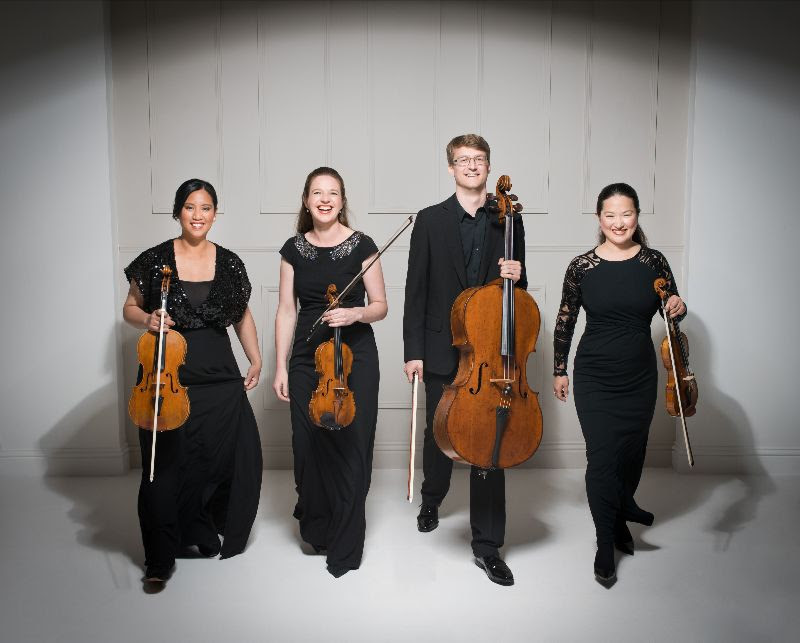Over three days in June composers, performers, students, and academics explored issues of diversity in British classical music through the case study of the string quartet.

In this project, the Villiers Quartet and Torch: The Oxford Research Centre in the Humanities have:
- released digital concerts with the Villiers Quartet presenting string quartets from British composers with varied connections to national identity
- coached remotely 14-18 year old students from schools with low access to music education or diverse student bodies to compose their own string quartets with mentoring from Oxford students
- produced a live-streamed symposium with lectures, round-table discussion with composers, student workshops, and performances of historic British quartets.
The string quartet – and British classical music in general – are often associated with elitism and exclusivity, yet historically the genre has attracted composers who defy this stereotype: women, BAME musicians, communists, and others from traditionally marginalised groups such as Ethel Smyth, Samuel Coleridge-Taylor, and Elizabeth Maconchy.
All the events are now available to watch free online. Full details of the project with links to the lectures and concerts can be found on the Torch website.

This project has been generously supported by TORCH as part of the Humanities Cultural Programme, Arts Council England, the RVW Trust, The David Willets Fund for Teaching Innovation, and supporters of the Villiers Quartet’s From Home Commissions Fund.

